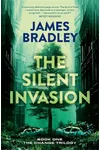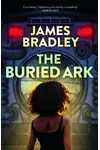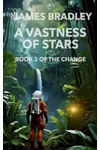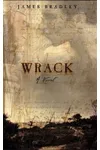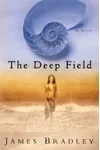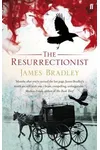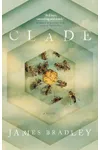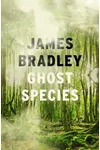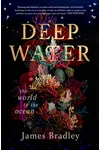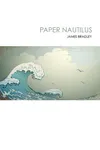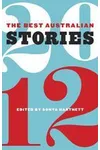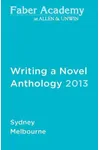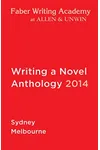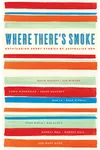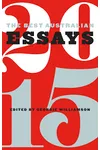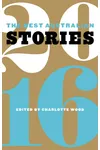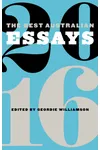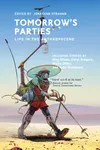Picture an Australian storyteller who weaves science fiction, history, and climate change into unforgettable narratives—meet James Bradley! Born in Adelaide and now a Sydney resident, Bradley’s novels like Clade and The Resurrectionist have earned him critical acclaim and a devoted following. With a knack for blending speculative futures with human struggles, he’s a literary voice you won’t soon forget.
Bradley’s work isn’t just about storytelling; it’s about making us think—about our planet, our past, and what it means to be human. Ready to dive into his world? Let’s explore the life and legacy of this award-winning author!
The Making of James Bradley
Born in 1967 in Adelaide, South Australia, James Bradley initially trained as a lawyer before trading legal briefs for literary manuscripts. His early love for storytelling was sparked by a fascination with history, science, and the natural world, influences that would later shape his novels. After moving to Sydney, Bradley dove into writing, debuting with Wrack in 1997, a novel blending historical mystery and speculative fiction. This bold start set the tone for a career marked by intellectual curiosity and narrative daring.
Bradley’s background as a critic and editor, including his work on The Penguin Book of the Ocean, honed his ability to craft stories that resonate on multiple levels. His partnership with novelist Mardi McConnochie and their life in Sydney with their daughters further grounds his work in a deep sense of family and connection.
James Bradley’s Unforgettable Stories
Bradley’s novels are a masterclass in blending genres—science fiction, historical fiction, and literary drama collide in ways that feel both intimate and expansive. Clade (2015) is a standout, tracing a family across generations in a world ravaged by climate change. Its episodic structure and haunting prose capture the human cost of environmental collapse, earning it praise as a landmark in cli-fi (climate fiction).
The Resurrectionist (2006) takes a darker turn, delving into the gritty world of 19th-century anatomists in Victorian England. Inspired by the Burke and Hare murders, it’s a gothic tale of ambition and moral decay, showcasing Bradley’s ability to weave historical detail with psychological depth. Ghost Species (2020) explores a near-future where a scientist resurrects Neanderthals amid ecological collapse, raising questions about humanity’s role in a fragile world. His Change Trilogy for young adults, including The Silent Invasion, brings these themes to younger readers with thrilling, accessible narratives.
Bradley’s style is lyrical yet precise, often exploring deep time—geological and cosmic scales that dwarf human concerns. His work challenges readers to confront uncomfortable truths about climate change, extinction, and our place in the universe, all while grounding these themes in relatable human stories.
Why James Bradley Matters
James Bradley’s impact lies in his ability to make speculative fiction feel urgently relevant. His focus on climate change, a recurring theme in Clade and Ghost Species, resonates in an era of environmental crisis, urging readers to reflect on humanity’s relationship with the planet. As a critic, he’s also shaped literary discourse, winning the 2012 Pascall Prize for Criticism and contributing to outlets like The Guardian and The Monthly.
His work inspires both awe and action, blending intellectual rigor with emotional depth. By tackling big questions—What does it mean to be human? How do we survive a changing world?—Bradley has become a vital voice in Australian literature, influencing readers and writers alike to engage with the challenges of the Anthropocene.
- Born: 1967 in Adelaide, South Australia
- Key Works: Wrack, The Resurrectionist, Clade, Ghost Species, The Change Trilogy
- Awards: Pascall Prize for Criticism (2012), shortlisted for Miles Franklin Award, Aurealis Awards
- Fun Fact: Bradley edited The Penguin Book of the Ocean, reflecting his lifelong fascination with marine ecosystems.
About James Bradley
Snag Clade or Ghost Species and dive into James Bradley’s thought-provoking world of science fiction and human resilience!
